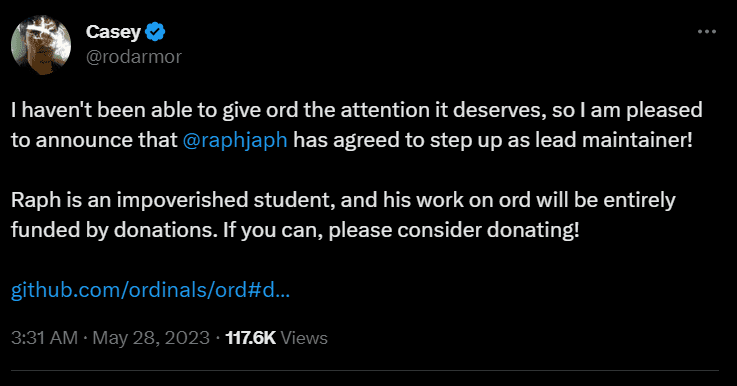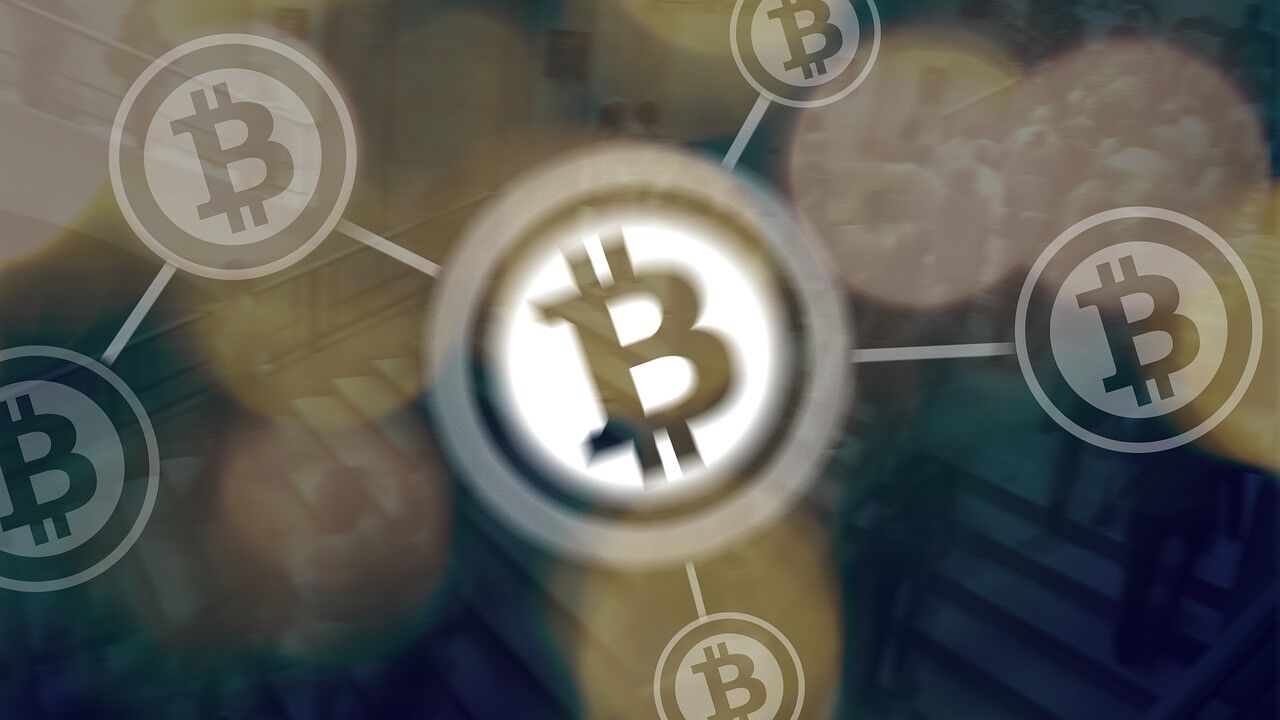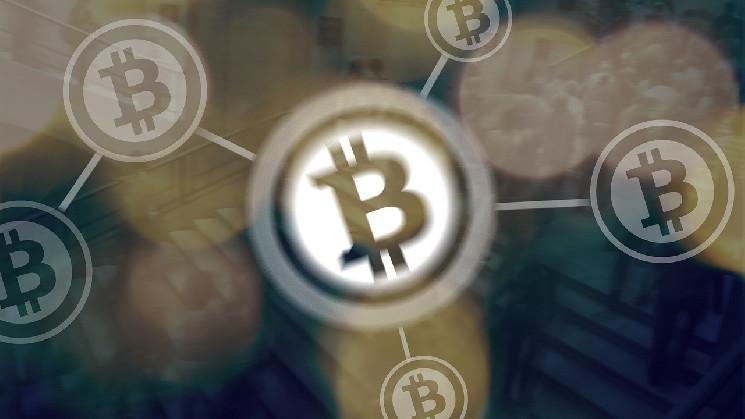The Bitcoin Ordinals have experienced exponential growth, skyrocketing from a single inscription to 10 million within a span of less than half a year.
The achievement of the 10 million inscriptions landmark on the Bitcoin network coincided with the departure of the project’s creator.
Shift in Leadership: Casey Rodarmor Steps Down
On May 28, Casey Rodarmor announced his resignation as the lead maintainer of the project via Twitter. Citing the inability to provide the necessary attention to Ordinals, Rodarmor transferred the leadership role to a pseudonymous coder known as Raphjaph.

Introduced in January, the Ordinals protocol swiftly rose to become the preferred method for creating new assets on the Bitcoin blockchain.
Origins and Function of Ordinals
Ordinals originated as a technique for embedding data in the witness section of Bitcoin transactions. This data is then written onto individual satoshis, the smallest divisible unit of BTC.
The explosion in the number of Ordinals inscriptions was fueled by the introduction of the BRC-20 token standard in early March. This new token standard, pioneered by pseudonymous developer “Domo,” granted users the ability to mint completely novel tokens on Bitcoin, a first in the cryptocurrency’s history.
As per data from BRC-20.io, the number of Bitcoin-based tokens soared from a few hundred in the first week to over 25,000 at the time of writing.
Controversy and Criticism
The rise of Ordinals has not been without its share of controversy. Critics, many of them Bitcoin enthusiasts, have condemned the practice of inscribing assets on the network as inefficient and wasteful, particularly in relation to block space and transaction costs.
In response to these concerns, other developers have started investigating the potential of using smart contracts to create assets and Non-Fungible Tokens (NFTs) on Bitcoin.
Ordinals’ Impact on Bitcoin Community and Network Activity
On the other hand, Bitcoin advocates have lauded Ordinals for their potential in attracting new users to the larger Bitcoin ecosystem. Notably, even Peter Schiff, a staunch Bitcoin critic, used the Ordinals protocol to mint a small batch of NFTs on Bitcoin. This marked the first time the gold-investment proponent has ever engaged with Bitcoin outside of voicing criticism.

While it’s evident that Ordinals have significantly contributed to the surge in Bitcoin transaction fees, the flurry of network activity has proven beneficial for miners. According to Dune Analytics, miners have earned over $44 million in fees related to Ordinals.
 cryptoticker.io
cryptoticker.io
